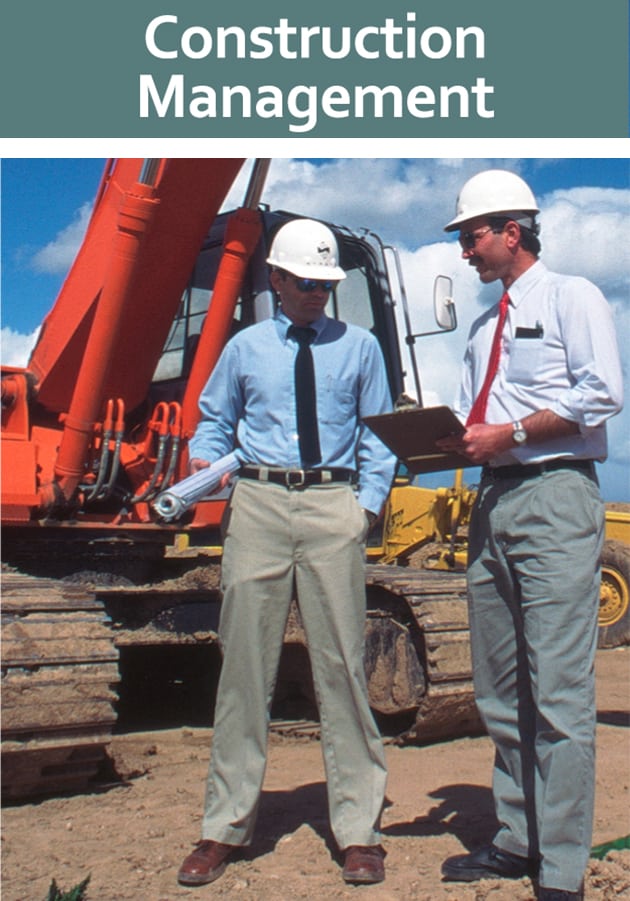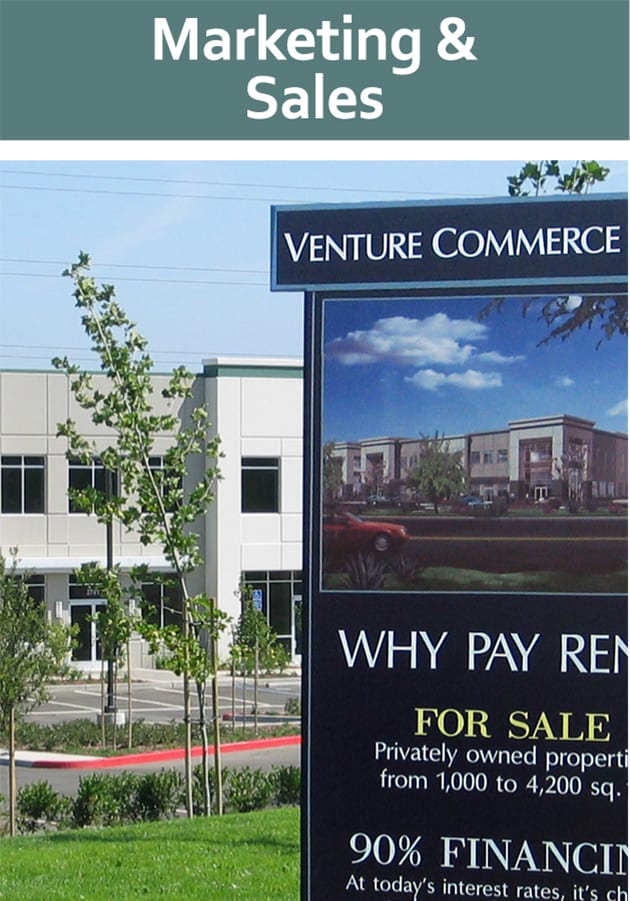Owner’s Association Management
Owner’s Association Management
- Articles of Incorporation: The laws in all western states require that residential and commercial condominium developments have properly formed Property Owners’ Associations in place prior to the commencement of marketing. This includes Articles of Incorporation for the formation of a non-profit corporation that will own the common area assets of the development. Such common areas typically include:
– Parking areas
– Lobbies, hallways and corridors
– Roofs and building exteriors
– Landscaped areas
– In residential developments, swimming pools, fitness centers, meeting rooms
- Conditions, Covenants and Restrictions: The Property Owners’ Association documents also include a set of Conditions, Covenants and Restrictions (CC&Rs) that govern how the property will be managed and maintained. The individual condominium properties are privately owned, and owners have the right to design and build out their interiors to their individual preferences and specifications. The CC&Rs control the common areas (see above) and provide for dues to be paid to maintain those common areas. The CC&Rs typically include a “reserve for replacement” whereby a portion of the monthly Owners’ Association dues are reserved for future anticipated costs such as:
– Parking lot re-striping and surfacing
– Roof replacement
– Hallway / corridor flooring replacement
– HVAC system replacement or maintenance
– Building security system upgrades
- Owners’ Association meetings: Most Property Owners’ Associations provide for quarterly meetings of the owners of the various properties. Attendance is not obligatory, and, in the case of commercial (including medical) buildings, it is not uncommon for no one to attend.
- Property Manager: Property Owners’ Associations often retain a local, independent property management company to:
– Oversee and maintain the common areas at the property
– Provide janitorial and landscaping services
– Complete routine repairs
– Pay all common area operating costs using owners’ dues and property taxes (if any)
– Prepare monthly or quarterly financial reports to the property owners.
- Property taxes: Typically, property taxes for the common areas are included in each individual commercial condominium property taxes on a square footage basis. Occasionally, however, the jurisdiction elects to bill the Property Owners Association for the portion of the property taxes that is applicable to the common areas. In that event, the individual property owners’ taxes are lower and the month Association dues include funds to pay the Association’s taxes.
- Operating Budget: An operating budget is created by the property developer prior to the commencement of marketing. The budget is reviewed annually and approved by the property owners.
- Voting Authority: Typically, each individual property owner is assigned one vote to be cast when decisions regarding the common areas are made. In commercial (including medical) condominium developments, it often occurs that voting authority is based upon the square footage of the various condominiums (suites) in the building(s). So a property owner whose office property is twice the size of another office property would have twice the voting authority.
- Seller Voting Authority: The property developer / seller usually votes in behalf of all unsold properties. Typically, but not necessarily, the property developer / seller resigns from any Property Owner’s Association management responsibilities and directors or officers roles once 50% of the properties have been sold.
- Resales Restrictions: In residential condominium properties, condominiums that were sold to the public at market rates have no restrictions on resale. In other words, the owners can sell their properties to anyone they choose on any terms that they choose. However, many commercial condominium developments include resale restrictions that limit the parties to whom the properties can be sold. The laws on this vary from one state to the next, but it is not uncommon for medical condominium buildings to be restricted so that the individual medical suites can be sold only to physicians to ensure owner compatibility and the benefits of an “all-medical” building. Venture Corporation has developed a program whereby an adjacent hospital would have the right to disapprove of the sale of a property to a party that the hospital staff believes is inconsistent with the hospital’s operations and goals and gives the hospital the right to match the offer provided by the unwanted buyer. The selling physician will be able to freely sell his/her property knowing that, if a buyer is deemed inappropriate by the adjacent hospital, the hospital will instead make the purchase at the same price and then re-sell the property to a physician that the hospital deems is compatible with the hospital’s plans and goals.






